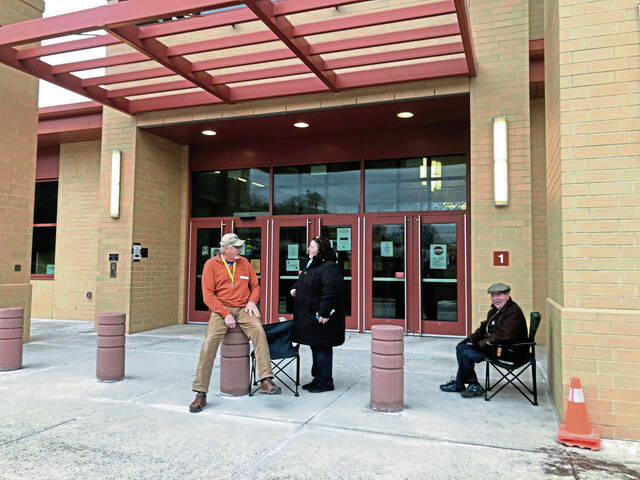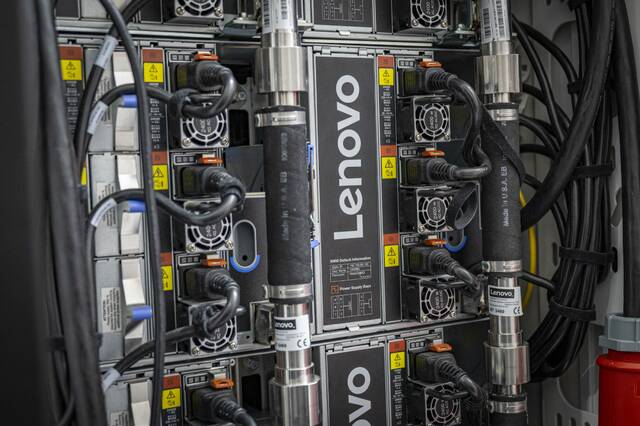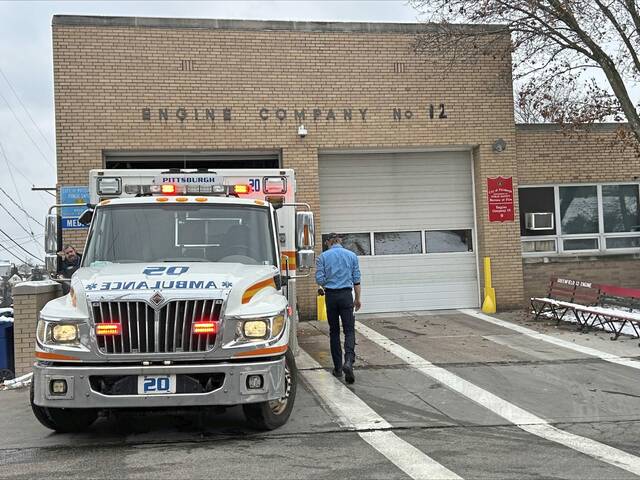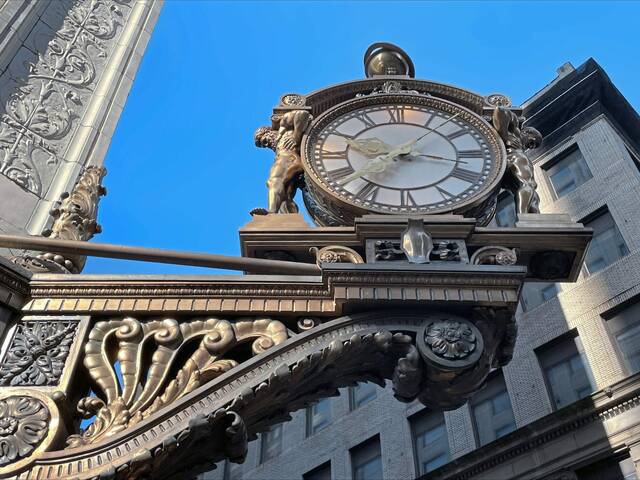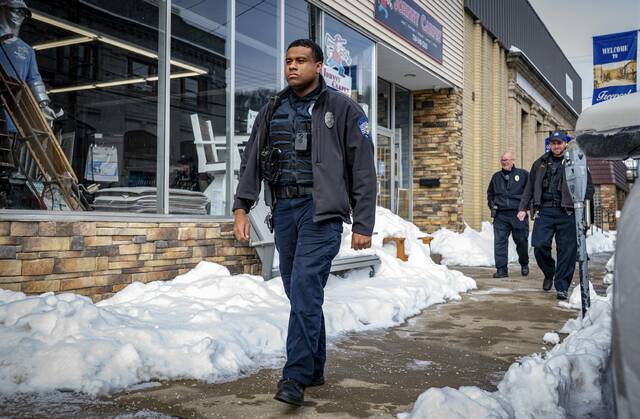Pennsylvania seems set to end 2023 the same way it began: with a special election on the horizon.
After the 2022 election, the Democrats appeared to have the majority in the House of Representatives. That was only theoretical, as three key seats in Allegheny County needed to go back to the voters because the winners couldn’t fill the legislative roles. Summer Lee was leaving the state Legislature for the U.S. House. Austin Davis was stepping up to lieutenant governor. And Tony DeLuca had died a month before Election Day — but still walked to an 86% victory.
In the end, the Democrats kept the majority, with all three seats staying in the party’s hands.
The same happened with four other special elections this year. One was a January Senate race for District 27; it stayed in Lynda Schlegel Culver’s GOP hands.
That, however, left a vacancy in the 108th House District. The election for that happened in May. The district stayed Republican. The 163rd District seat vacated by Democrat Michael Zabel, who resigned after sexual harassment claims, had a special election the same day. It remained in Democratic control.
In July, Sara Innamorato resigned from House District 21 in preparation for the Allegheny County executive race. That teed up a fourth special election for an Allegheny legislator in one year — the seventh for the state overall.
Now, state Rep. John Galloway, D-Bucks, is resigning his position as of Dec. 15 after winning a district judge position. No special election date has been set, but at least two Democratic candidates have stepped forward, including Galloway’s chief of staff.
It’s unlikely the special election for that seat will happen before Dec. 31, meaning Pennsylvania won’t have eight separate special elections in one year — a high the state hasn’t hit since 2015. But seven is still unusual, with that many being seen in 2019 and 2012.
Since 2004, the average is about 4.8, but that’s up in recent years. Most resign to take on newly elected or hired positions. But then there are elected officials who leave because of criminal allegations, charges or convictions.
Trading one elected position for another is to be expected. Many people running for higher office do so while occupying a lower one. But crime or otherwise bad behavior? That’s something that can and should be avoided.
We need special elections to fill empty seats. But it would be nice to have lawmakers realize how these decisions cost the people. A Pennsylvania Capital-Star story in 2020 found just one special election can cost up to $1 million.
And that’s just the money. It doesn’t take into consideration the cost of added stress on the counties that run the elections. Their jobs are generally 52 weeks of focus and preparation for two election days. Allegheny County has had four this year.
Running for election is a commitment and should be considered as such. One position shouldn’t be a temp job until the next election; officials should finish the term they are elected to serve.
And that should be done with honor and honesty. Pennsylvanians don’t deserve to hear about a conviction or indictment and wonder if it will change the makeup of the state Legislature.


